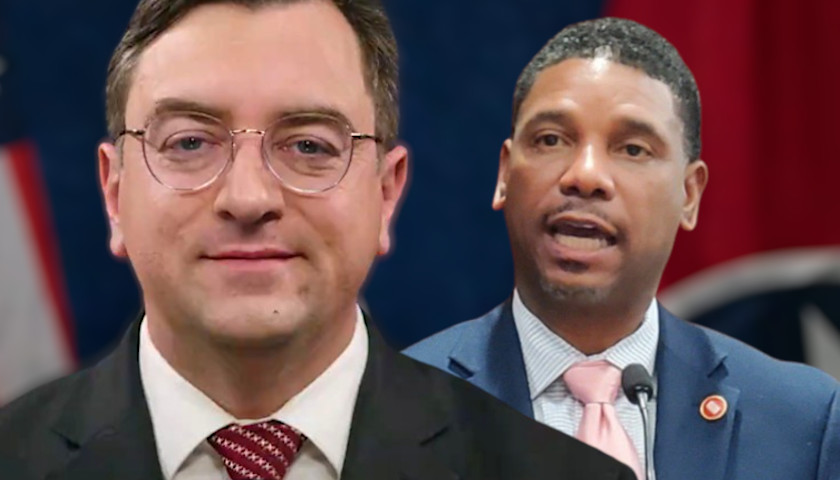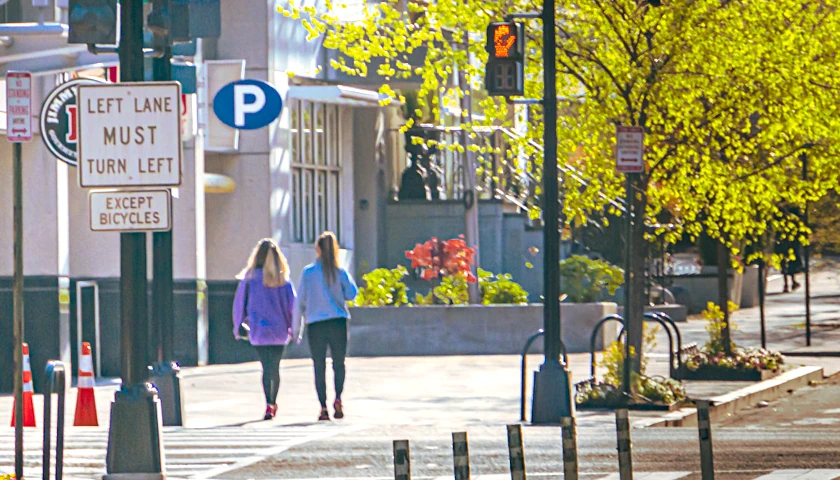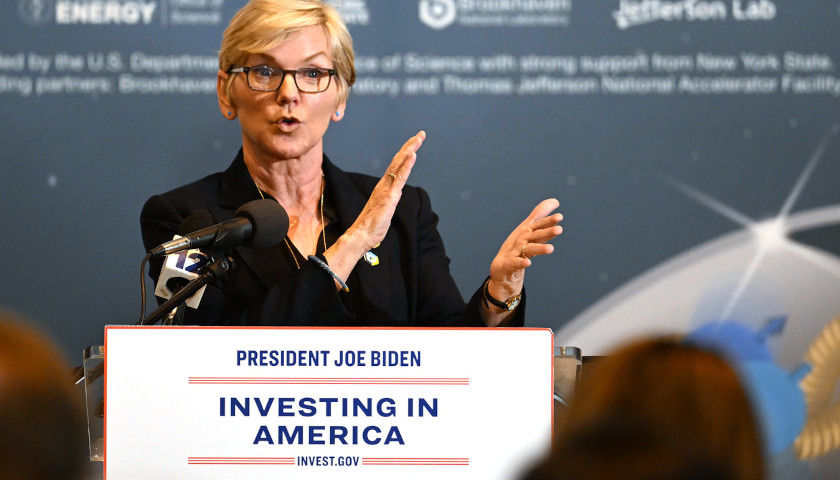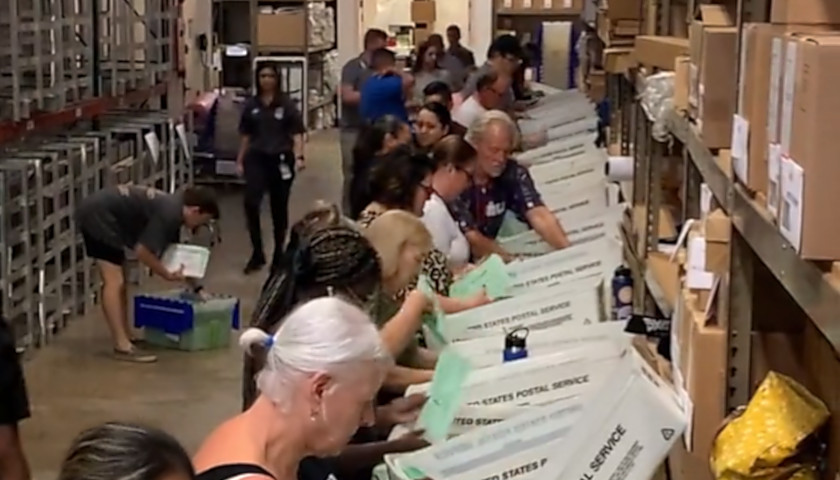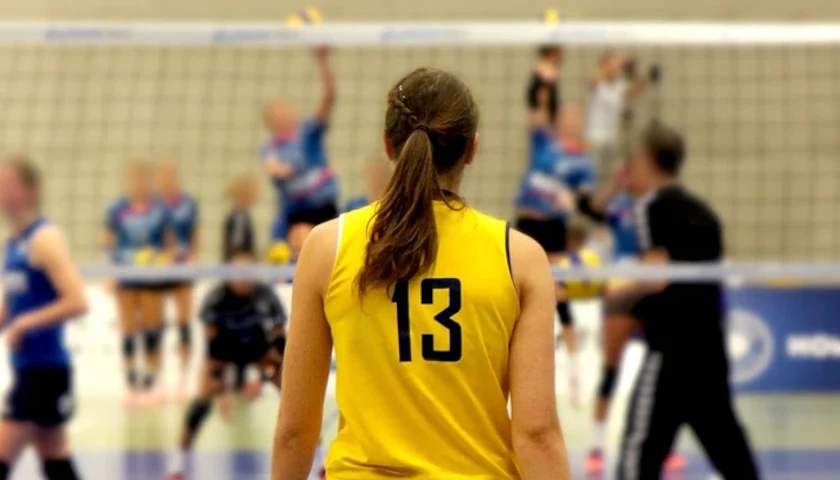Tennessee Attorney General Jonathan Skrmetti confirmed on Thursday that the new ticketing system for members of the public to attend meetings of the Tennessee House of Representatives follows the Tennessee Constitution.
The legal opinion was requested after House Speaker Cameron Sexton (R-Crossville) announced a new ticketing system that limits half of the public gallery to media members, with members of the public and congressional staff only allowed with a ticket. Lawmakers are each given one ticket to distribute as they see fit.
Democrats immediately criticized the ticketing process, with Representative Justin Jones (D-Nashville) asking in January, “I don’t believe we have kings and queens here, so is there a way for the body to override this unconstitutional, I would say, rule where you have to pay to sit in the gallery or be a lobbyist or have a special ticket?”
On the same day Jones questioned the constitutionality of the tickets, Representative Vincent Dixie (D-Nashville) reportedly sent a formal request for Skrmetti to publicly determine whether the tickets violate Article II, section 22 of the Tennessee Constitution, which mandates, “The doors of each House and of committees of the whole shall be kept open, unless when the business shall be such as ought to be kept secret.”
In his three-page legal opinion, Skrmetti determined the Tennessee House has the right to determine which meetings shall be open to the public, and further, that the House has the right to create a ticketing procedure if it chooses due to space limitations in the building.
Skrmetti explained that a ticketing system “would merely manage public access to the limited space that is available.”
“The chamber galleries in the Capitol Building provide seating from which visitors can view legislative proceedings taking place in the chamber. The galleries have a fixed seating capacity,” wrote the attorney general, adding that “public access to the proceedings is inherently limited to the seating capacity in the galleries.”
Skrmetti continued, “That space limitation necessitates a system for managing access and allocating the space available for the public in the galleries. A ticketing system is a common and reasonable way of allocating the available seating.”
When the ticketing system became public, Sexton reportedly told the press that the ticketing process would allow individuals from outside Nashville the assurance of a guaranteed seat.
The speaker also reportedly cited similar ticketing procedures for the U.S. Congress, telling reporters, “If you don’t like the ticketing thing, I suggest you write an article to Congress and complain about their ticketing.” Sexton added, “If that is anti-public, then you need to call them out and ask them to change.”
– – –
Tom Pappert is the lead reporter for The Tennessee Star, and also reports for The Georgia Star News, The Virginia Star, and the Arizona Sun Times. Follow Tom on X/Twitter. Email tips to [email protected].

